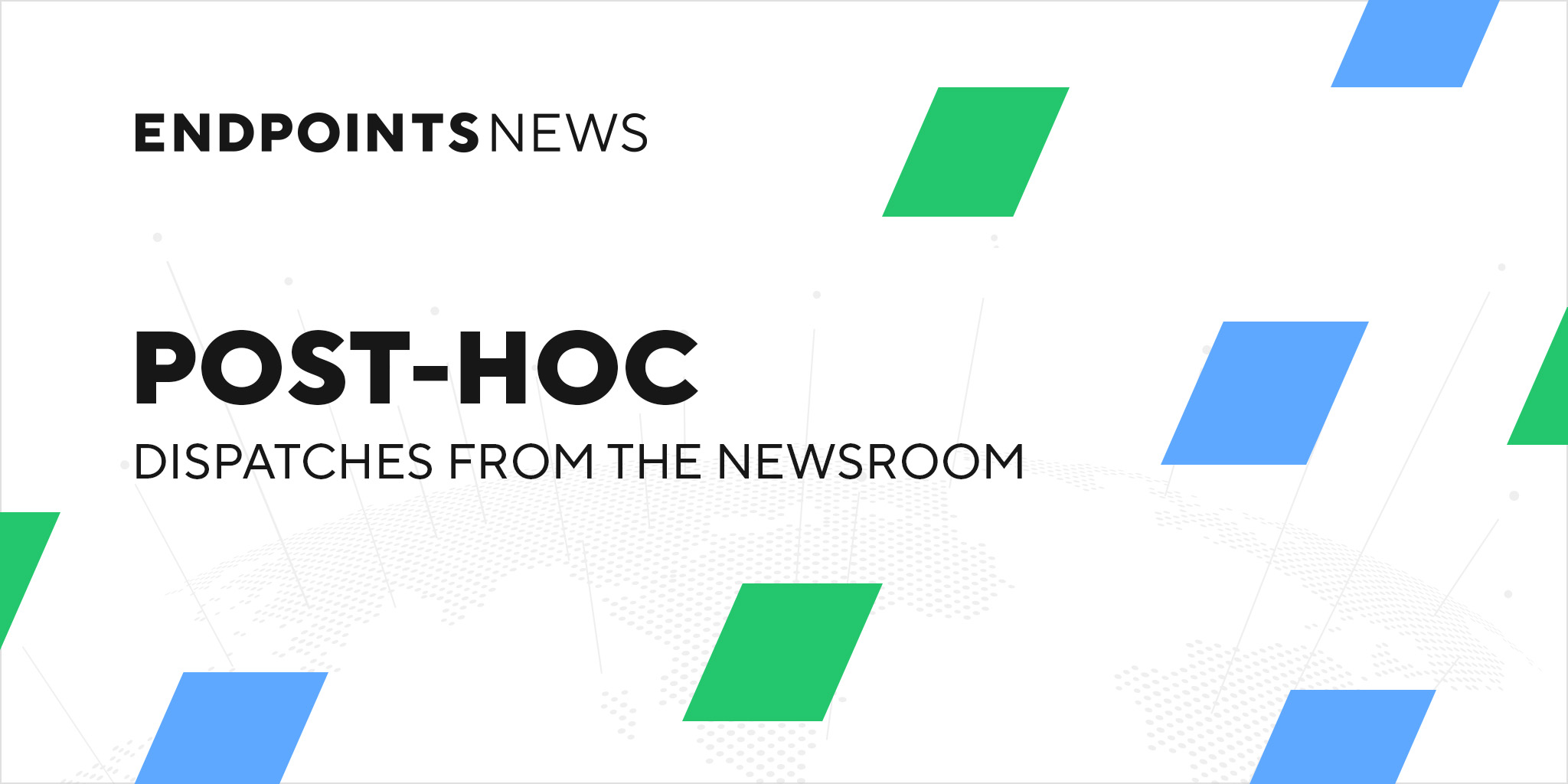Health
China Takes Center Stage at Europe’s Largest Cancer Conference

At the European Society for Medical Oncology (ESMO) conference held in Berlin on October 15, 2023, China showcased significant advancements in cancer research, particularly in the field of immunotherapy. This event marked a pivotal moment as Chinese researchers presented groundbreaking results that could reshape global cancer treatment strategies.
China’s Innovative Research Shines
The conference, renowned as Europe’s largest gathering focused on oncology, provided a platform for leading Chinese scientists to highlight their pioneering work. Among the notable presentations was a study demonstrating the efficacy of a new immunotherapy drug that targets multiple cancer types. This research has the potential to improve survival rates and enhance treatment options for patients worldwide.
According to researchers from Fudan University, the drug has shown promising results in early clinical trials, with over 70% of participants experiencing significant tumor reduction. Such findings were met with enthusiasm by international delegates, emphasizing the importance of collaboration in the fight against cancer.
Dr. Zhang Wei, a leading oncologist at Fudan University, stated, “Our research reflects China’s commitment to advancing cancer treatment and contributing to global health. We are eager to collaborate with international partners to further explore these promising results.” This sentiment underscores China’s growing influence in the global medical community.
Regulatory Implications for Western Markets
The progress showcased at ESMO raises questions about how Western regulatory bodies may need to adapt in light of China’s advancements. As Chinese innovations gain momentum, regulators in the United States and Europe might need to reconsider their approval processes for new therapies.
With China’s rapid development in medical technology, Western regulators face the challenge of ensuring patient safety while fostering innovation. The increasing speed of Chinese clinical trials, which can often take less time than their Western counterparts, presents a potential shift in the global landscape of drug development.
Dr. Claire Thompson, a regulatory affairs expert, commented, “It is essential for Western regulators to stay abreast of developments in China. As the pace of innovation accelerates, they must balance the need for thorough evaluation with the urgency of bringing effective treatments to patients.”
This evolving dynamic could lead to a reevaluation of how Western markets approach clinical trials and the approval of new therapies, particularly as they seek to incorporate cutting-edge research from countries like China.
As the conference concluded, it became evident that China’s role in oncology is no longer a subordinate one. With an increasing number of collaborations and shared research initiatives, the implications for global healthcare are profound. The medical community is poised to witness a transformation in how cancer treatments are developed, regulated, and implemented.
The developments presented at ESMO highlight a critical juncture in cancer research. As countries grapple with the implications of these advancements, the focus will increasingly turn to collaborative efforts that transcend borders. The future of oncology may very well hinge on this global dialogue, with China taking a lead role in shaping the conversation.
-

 Technology5 months ago
Technology5 months agoDiscover the Top 10 Calorie Counting Apps of 2025
-

 Health2 months ago
Health2 months agoBella Hadid Shares Health Update After Treatment for Lyme Disease
-

 Health3 months ago
Health3 months agoErin Bates Shares Recovery Update Following Sepsis Complications
-

 Technology4 months ago
Technology4 months agoDiscover How to Reverse Image Search Using ChatGPT Effortlessly
-

 Technology1 month ago
Technology1 month agoDiscover 2025’s Top GPUs for Exceptional 4K Gaming Performance
-

 Technology2 months ago
Technology2 months agoElectric Moto Influencer Surronster Arrested in Tijuana
-

 Technology5 months ago
Technology5 months agoMeta Initiates $60B AI Data Center Expansion, Starting in Ohio
-

 Technology5 months ago
Technology5 months agoRecovering a Suspended TikTok Account: A Step-by-Step Guide
-

 Health4 months ago
Health4 months agoTested: Rab Firewall Mountain Jacket Survives Harsh Conditions
-

 Lifestyle5 months ago
Lifestyle5 months agoBelton Family Reunites After Daughter Survives Hill Country Floods
-

 Technology4 months ago
Technology4 months agoHarmonic Launches AI Chatbot App to Transform Mathematical Reasoning
-

 Technology3 months ago
Technology3 months agoUncovering the Top Five Most Challenging Motorcycles to Ride




















